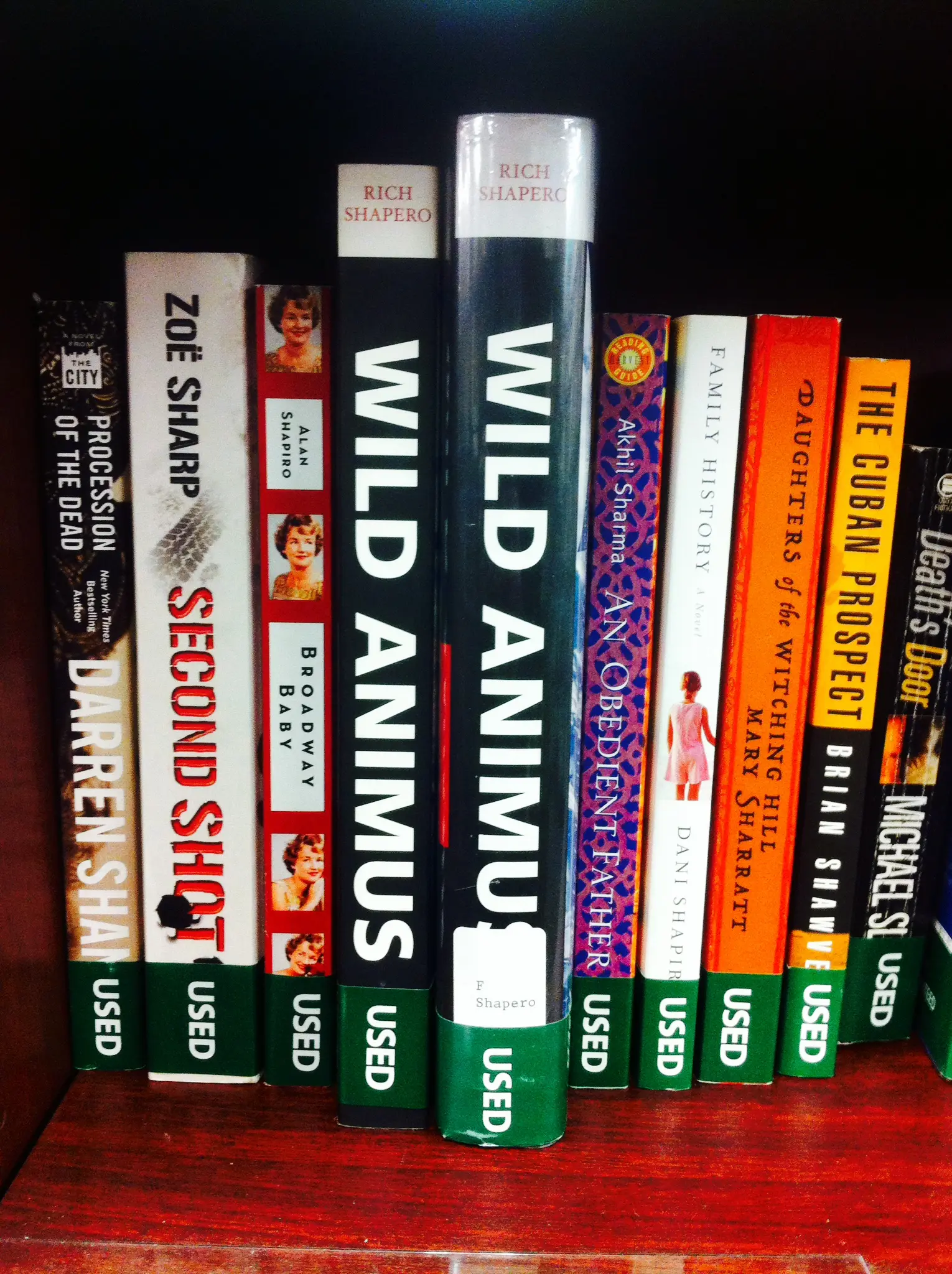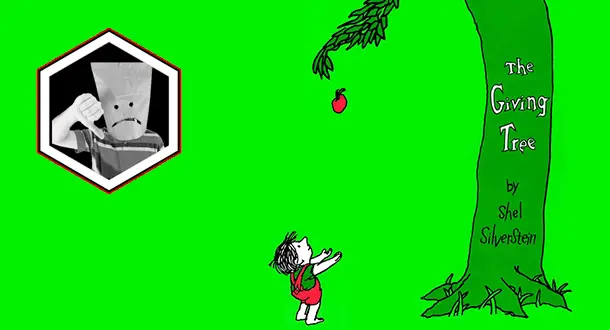Menu
Columns
Showing 3546 Columns
Showing 3546 Columns
March 6th, 2015

Having some trouble with your novel WIP? Not sure how to connect the dots or how to fill out that character roster? I'm here to help.
Read Column →March 6th, 2015

In honor of the most accurate Pi Day to occur during this century (3.1415), a list of mathematical books seemed only appropriate. For a subject that many writers are stereotypically shy of (at least, according to the New Yorker), it didn’t take very long to compile a list of titles that marry mathematical concepts with literature quite nicely. There’s a certain line of thinking which proposes the human brain is split neatly into two halves— the creative and the logical.
Read Column →March 5th, 2015

There are a few baffling items every thrift store carries. Every thrift store has a collection of crutches. Usually they're corralled in a big barrel, and usually the under-arm pads are in a state that makes you wonder just how many people sweat acid from their armpits. Every thrift store has golf shoes ranging in size from men's 14 to men's 177. These shoes usually contain remnants of the last round of golf played, a little dried grass and mud from whatever course frustrated the player to the point of tossing the sport entirely.
Read Column →March 4th, 2015

All writers have that moment. You know the one: You’re sitting hunched over at the computer, rereading your incomplete manuscript in a daze of horror, and suddenly think, “This sucks.”
Read Column →March 2nd, 2015

Flash fiction: A style of fictional literature marked by extreme brevity. Welcome to LitReactor's Flash Fiction Smackdown, a monthly bout of writing prowess. How It Works We give you inspiration in the form of a picture, poem, video, or prompt. You write a flash fiction piece using the inspiration we gave you. Put your entry in the comments section. One winner will be picked and awarded a prize.
Read Column →February 27th, 2015

If you’ve been reading me for a while, chances are you know how much I love short fiction. For every novel I read, I read at least two collections or anthologies. (My current short fiction reads are Me and Daddy Listen to Bob Marley By Ann Pancake and Let Me Be Frank With You By Richard Ford.) Don’t get me wrong, I love novels, too.
Read Column →February 27th, 2015

Sometimes a setting has so much personality, it begins to read less like static background and more like a main character. The space inside Thoreau’s cabin projects a sense of calm and solitude, hobbits are nearly inseparable from their holes in the ground, and where would The Shining be without the Stanley Hotel? Atmosphere is a crucial element in storytelling, regardless of genre. But what if you’ve spent your life in a condominium with white walls? What if you’re trying to push out a novel from a suburban ranch with all the panache of lint?
Read Column →February 26th, 2015

Yesterday I saw this tweet.
Read Column →February 26th, 2015

Just over two years ago, I wrote a column for LitReactor called Paperless Writer: Five Steps To A Successful Digital Rewrite. In it, there was mention of my preferred tablet stylus, the Pogo Sketch Pro, because of its lightness and thinness. Well, times change, and now there's a new love in my life: The Musemee Notier V2. Why?
Read Column →February 25th, 2015

I can hear you thinking it. Not The Giving Tree. It’s a timeless children’s classic. Many (myself included) have warm and fuzzy memories of our parents reading it to us as we were tucked into bed, and many more no doubt continue to read it to their own children. The story of a tree’s love for a little boy taught us about friendship, selflessness, and how to exploit them. That’s right—The Giving Tree is nothing but a book of terrible relationship advice for children.
Read Column →Submitting your manuscript?
Professional editors help your manuscript stand out for the right reasons.
